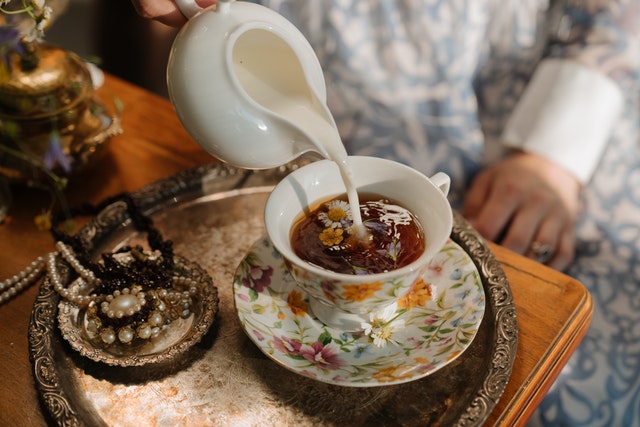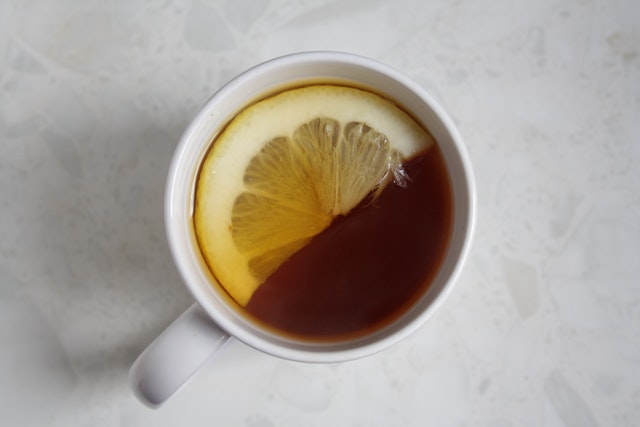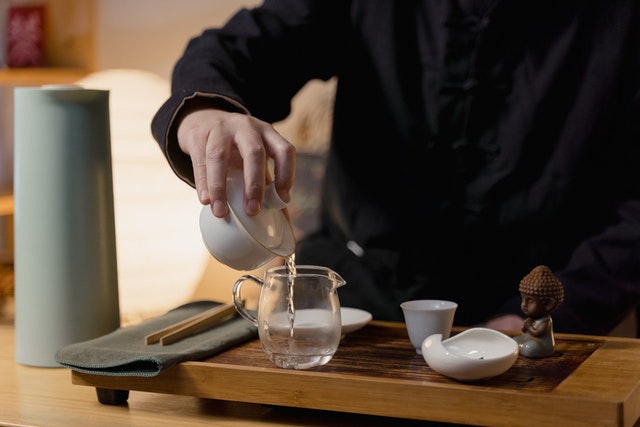Positive affirmations seem innocuous and fruitless to skeptics, yet people have been using positive phrases to challenge unhelpful or negative thoughts for decades. While the practice can seem odd to the newcomer, that doesn't indicate its ineffectiveness.
There is plenty of research to support the practice of daily affirmations to support mood and self-esteem. It all comes down to self-talk and the altering of negative subconscious patterns. In essence, positive affirmations are about replacing adversarial self-talk with more positive and adaptive narratives.
Reviewing the Science

Positive affirmations only work when developed into a habit. If you want to make lasting changes to your inner dialogue, confidence, and self-esteem, you need to alter your frame of mind, which takes time.
While affirmations require time, they do not require faith to work. The use of daily affirmations is rooted in sound, well-established, and supported psychological theory, specifically self-affirmation theory. The practice was the focus of several empirical studies. It has been proven time and time again that self-integrity is malleable and that how people perceive the world can affect their view of self.
In other words, by sculpting a more positive view through positive self-affirmations, people can maintain self-integrity regardless of outside influences. People, then, have the ability to determine their morale through the power of thought and perception.
Identity and the Self

How you view yourself is often the result of many outside influences, such as friends, family, employer, etc. However, while these people play a role in how you develop, what matters is how you internalize their input.
Affirmations remind people that what matters most is how they view themselves. While receiving feedback can alter beliefs and thinking, it should not detract from the person.
The routine practice of positive affirmations can help people realize the significance of self-reflection and self-talk. When you commit to seeing the best in you and surround yourself with positivity, you can experience significant benefits from affirmations.
Benefits of Daily Positive Affirmations

Positive affirmations are not just words. When focused into a habit, they have a transformative effect that can alter health, performance, and productivity. According to the years of research, daily affirmations can provide several distinct advantages, including:
- Decreased stress and anxiety
- Improved resilience to criticism
- Altered negative physical behavior
- Improved academic performance
Outlook for Habitual Use

Despite the naysayers, positive and daily affirmations are tied to actual and proven results. With habitual use, positive affirmations can alter a person's way of thinking, encouraging an optimistic mindset. The change from a negative focus to optimism can also lead to fewer negative thoughts, also reducing the tendency to linger on negative experiences.
For those struggling with anxiety or other health conditions, affirmations can encourage resilience, allowing for action and improving confidence. Primarily, affirmations help create a broader sense of self, allowing people to manage social pressures more constructively.
Using positive affirmations is advantageous. While some skeptics might feel a little strange conversing with themselves in the mirror, they will likely notice a positive change with practice and commitment. Sometimes, to make ourselves feel better, we need to feel a little strange first.
Have you ever tried daily affirmations? If so, for how long, and did they work?








